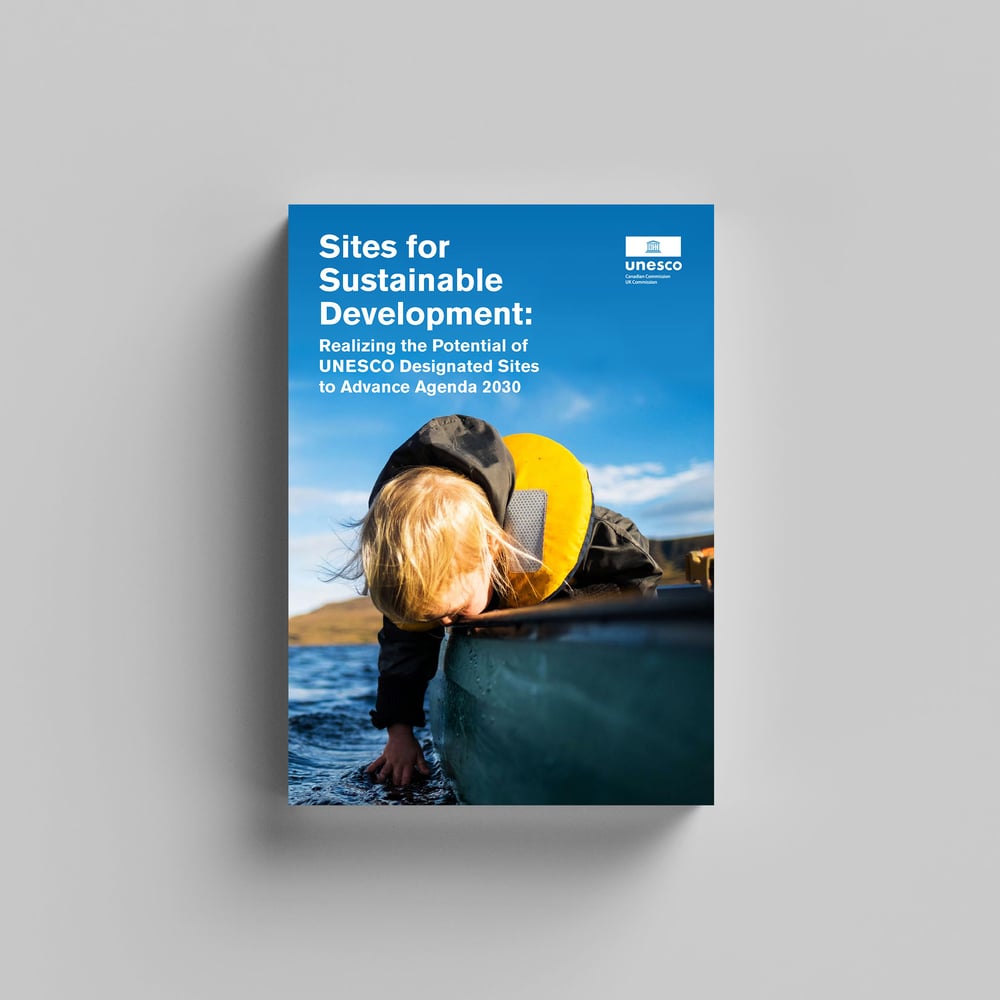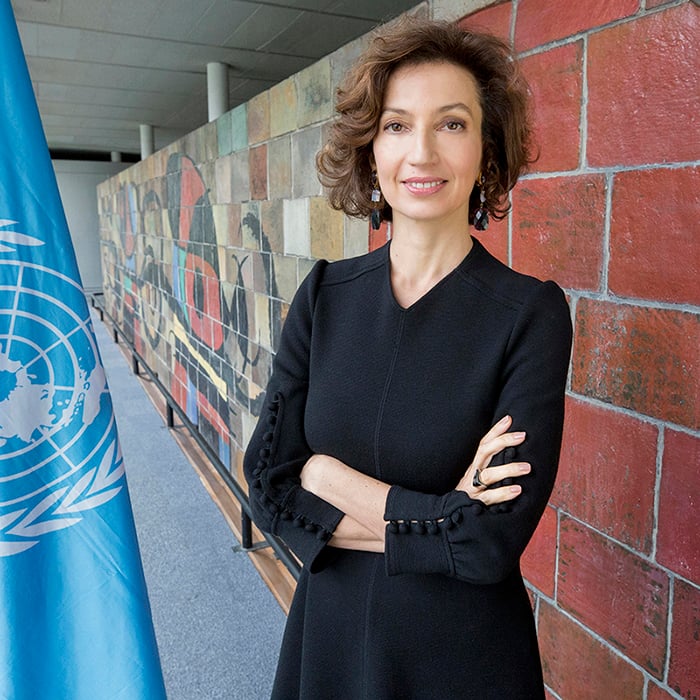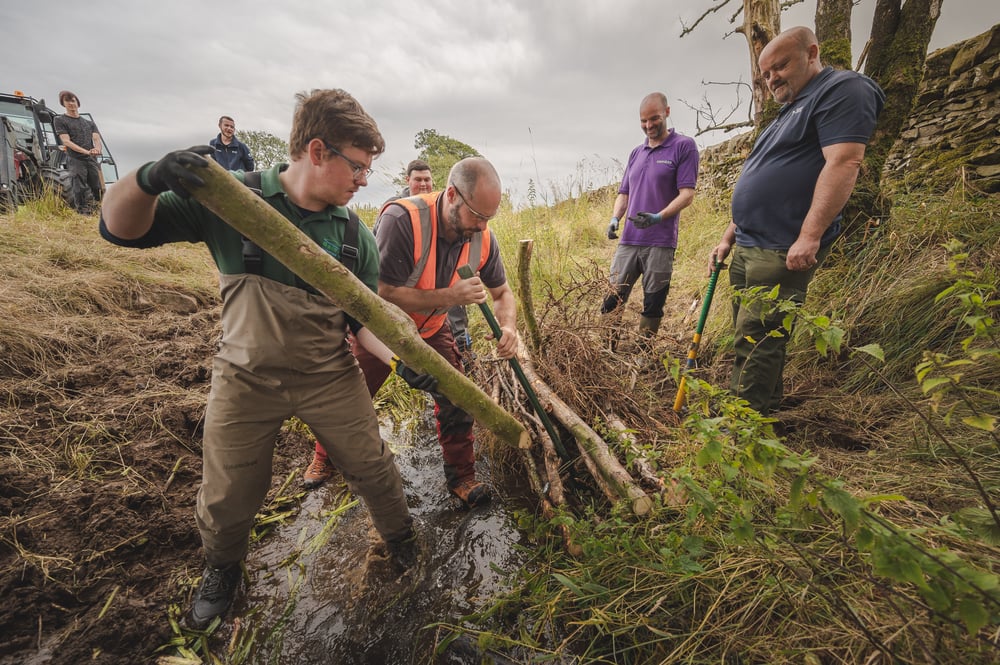
Local and innovative solutions to global challenges: new report shows UNESCO-designated sites are at the forefront of sustainable development
Office: UK National Commission for UNESCO – October 4, 2022
About the report
A new report from the UK and Canadian Commissions for UNESCO shows that Biosphere Reserves, Global Geoparks and World Heritage Sites, are uniquely placed to address Agenda 2030 by bringing people, communities, businesses, and organisations together to generate and share innovative approaches to global challenges.
London, UK, 6 October 2022 – Faced with a growing energy crisis, record greenhouse gas concentrations, and increasing extreme weather events, COP27 to be held in Egypt in November seeks renewed cooperation between countries to deliver on the Paris Agreement. Meanwhile, world leaders will meet in Montreal, Canada, in December during COP15 to agree on the post-2020 global biodiversity framework.
A new study published today by the UK and Canadian UNESCO Commissions for UNESCO has found that UNESCO designated sites face a range of global challenges, but it also shows that, with additional support, they can be at the forefront of generating and sharing innovative local approaches to tackling these challenges. For the first time, it provides a framework that groups Biosphere Reserves, Global Geoparks and World Heritage Sites as UNESCO sites for sustainable development – for how they connect global goals to local actions, and have the tools to effect real, long-lasting progress towards Agenda 2030.
UNESCO sites are a global network that span the globe, cover 10 million km2 (the geographical size of the USA), and are home to hundreds of millions of people. The study shows that these sites in the UK and Canada face significant threats ranging from over-tourism, flooding, storms, and invasive species to pressures from housing and commercial development. Despite this, the report shows the UNESCO sites are uniquely placed to address them by bringing people, communities, businesses, and organizations together to mobilize solutions locally, regionally, and internationally.

“At a time when we all urgently need solutions to build more resilient societies and innovative solutions to global challenges, UNESCO sites offer a wealth of concrete actions to reinvent our relationship with nature, develop decent jobs and foster social cohesion. This report by the Canadian and UK Commissions for UNESCO shows how UNESCO sites can be at the forefront of sustainability, and I believe all countries can take inspiration from this research.”
Audrey Azoulay, Director-General, United Nations Educational, Scientific and Cultural Organisation

“UNESCO is most famous for its World Heritage Sites, Global Geoparks and Biosphere Reserves. These are exceptionally special places, but places that are also as vulnerable as anywhere else to the threats of climate change and overdevelopment. However, as this report shows, these sites also have all the ingredients communities and stakeholders need to plan together for a sustainable future. Hundreds of millions of people live on the 10 million square kilometers of this extraordinary global network: we must continue to respect these sites and invest in them so that they can show us the way.”
Ambassador Laura Davies, UK Permanent Delegate to UNESCO, Foreign and Commonwealth Office

“This project is an example of how National Commissions are uniquely placed to be the principal agents for change to accelerate UNESCO’s response to global challenges. National Commissions link the work of UNESCO to local communities through UNESCO designated sites. The Canadian government recognizes the important role that UNESCO designated sites play in advancing international agreements at local levels. For example, Environment and Climate Change Canada recently announced over 11 million dollars of funding for conservation efforts in collaboration with Indigenous Peoples in Canada’s 19 biosphere reserves.”
Natasha Cayer, Ambassador and Permanent Delegate of Canada to UNESCO
#ImageGallery




Note to editors
Quick facts
- UNESCO is the United Nations Educational, Scientific and Cultural Organization. It seeks to build peace through international cooperation in education, sciences and culture.
- The 2030 Agenda for Sustainable Development was adopted at the United Nations Sustainable Development Summit on 25 September 2015.
- The three types of UNESCO designated sites — Biosphere Reserves, Global Geoparks and World Heritage Sites – together give a complete picture of celebrating our heritage while at the same time conserving the world’s cultural, biological and geological diversity, and promoting sustainable development.
- Canada has 44 UNESCO designated sites, the UK has 48.
- The report is the product of a 2-year collaborative project between the UK and Canadian Commissions for UNESCO that involved original research performed in the UK and Canada.
Associated Links:
Share this via…

Contacts:
Matthew Rabagliati, UK National Commission for UNESCO,
Vanessa Poulin-Gladu, Canadian Commission for UNESCO,


